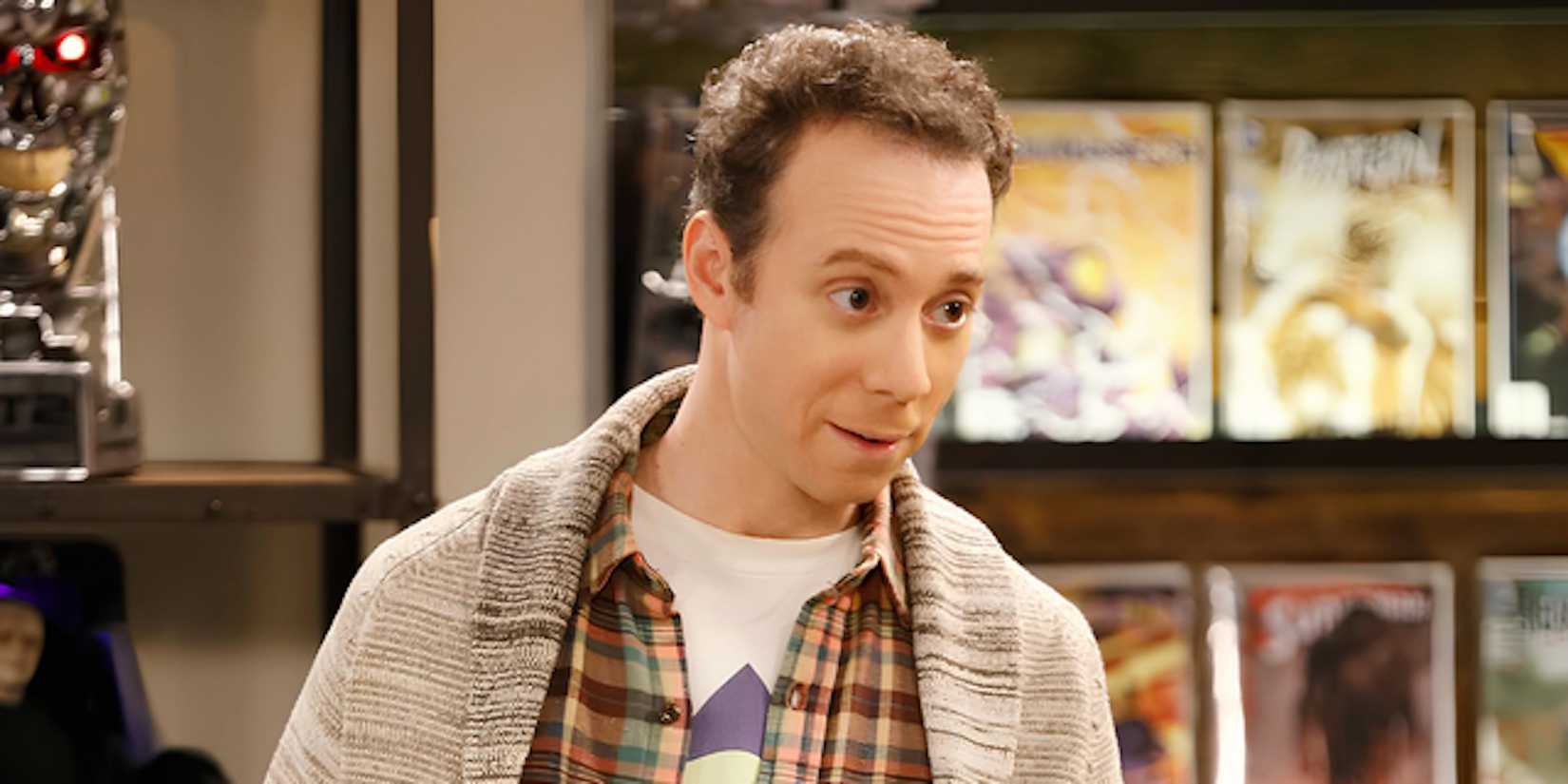
The Big Bang Theory universe is expanding once again with the upcoming spinoff series, Stuart Fails to Save the Universe. Originally slated for CBS, the show has made a significant shift to Max (formerly HBO Max), raising eyebrows among fans and industry insiders alike. But why is this move causing such a stir? Let’s delve into the implications of this decision and what it means for the show’s future.
The Shift from CBS to Max
A Strategic Move or a Misstep?
The transition from a traditional network like CBS to a streaming platform like Max is not just a change in where the show airs; it’s a shift in how it’s consumed. CBS, known for its wide-reaching audience and established primetime slots, offers a different viewing experience compared to the on-demand nature of streaming services.
Impact on Viewership
One of the primary concerns with this move is the potential impact on viewership. CBS has a long-standing relationship with The Big Bang Theory audience, many of whom are accustomed to watching their favorite shows at scheduled times. The switch to Max may alienate viewers who are not yet subscribed to the streaming service, potentially limiting the show’s reach.
Fan Expectations and Loyalty
The Power of Nostalgia
For many fans, The Big Bang Theory represents more than just a TV show; it’s a cultural touchstone. The familiarity of CBS’s programming and the comfort of traditional TV viewing have been integral to the show’s success. Moving the spinoff to Max risks disrupting this connection, potentially diminishing the show’s appeal.
Access and Accessibility
Not all fans have access to streaming platforms like Max. Whether due to financial constraints, technological limitations, or personal preferences, some viewers may find it challenging to follow the spinoff on a new platform. This shift could inadvertently exclude a portion of the fanbase.
The Business Perspective

Max’s Strategy
From a business standpoint, Max’s decision to acquire the spinoff aligns with the industry’s broader trend of investing in original content to attract subscribers. By securing a popular franchise like The Big Bang Theory, Max aims to bolster its content library and compete with other streaming giants.
CBS’s Position
On the other hand, CBS’s loss of the spinoff is a notable blow. As the original network home of The Big Bang Theory, CBS has a vested interest in maintaining its connection to the franchise. The spinoff’s move to Max could be seen as a missed opportunity for CBS to capitalize on the show’s enduring popularity.
Creative Implications
Consistency in Tone and Style
The change in platform could also affect the show’s creative direction. CBS and Max have different approaches to content, with CBS leaning towards traditional sitcom formats and Max embracing more experimental and diverse storytelling. This shift may influence the tone and style of the spinoff, potentially altering its appeal.
Production Values
Streaming platforms often have different production budgets and timelines compared to traditional networks. The move to Max could result in changes to the show’s production values, affecting everything from set design to special effects.
Audience Reception
Initial Reactions
Early reactions to the spinoff’s move have been mixed. While some fans are excited about the new direction, others express concerns about accessibility and the potential loss of the show’s original charm.
Long-Term Impact
The long-term impact of this move remains to be seen. If the spinoff successfully attracts a new audience on Max without alienating existing fans, it could pave the way for more traditional shows to make the leap to streaming platforms. However, if the transition proves challenging, it may serve as a cautionary tale for future cross-platform endeavors.
Conclusion
The decision to air Stuart Fails to Save the Universe on Max instead of CBS is a significant development in the evolution of The Big Bang Theory franchise. While it opens new avenues for the show’s growth, it also presents challenges related to viewership, fan loyalty, and creative direction. As the spinoff prepares to debut, both fans and industry observers will be watching closely to see how this bold move unfolds.
FAQs
Q1: Why was the Big Bang Theory spinoff moved from CBS to Max?
The decision was made as part of Max’s strategy to acquire popular franchises and attract subscribers, while CBS focused on other projects.
Q2: Will the spinoff maintain the same tone as the original series?
While the core elements remain, the shift in platform may influence the show’s tone and style, aligning it more with Max’s programming approach.
Q3: How can fans access the spinoff if they don’t have Max?
Fans without Max may need to explore alternative viewing options, such as subscribing to the streaming service or waiting for potential future broadcasts on other platforms.
Q4: Will the original cast members reprise their roles in the spinoff?
Yes, key cast members from The Big Bang Theory, including Kevin Sussman as Stuart, are set to return in the spinoff.
Q5: When is the spinoff set to premiere?
The premiere date has not been officially announced yet, but fans can expect updates as the release approaches.
